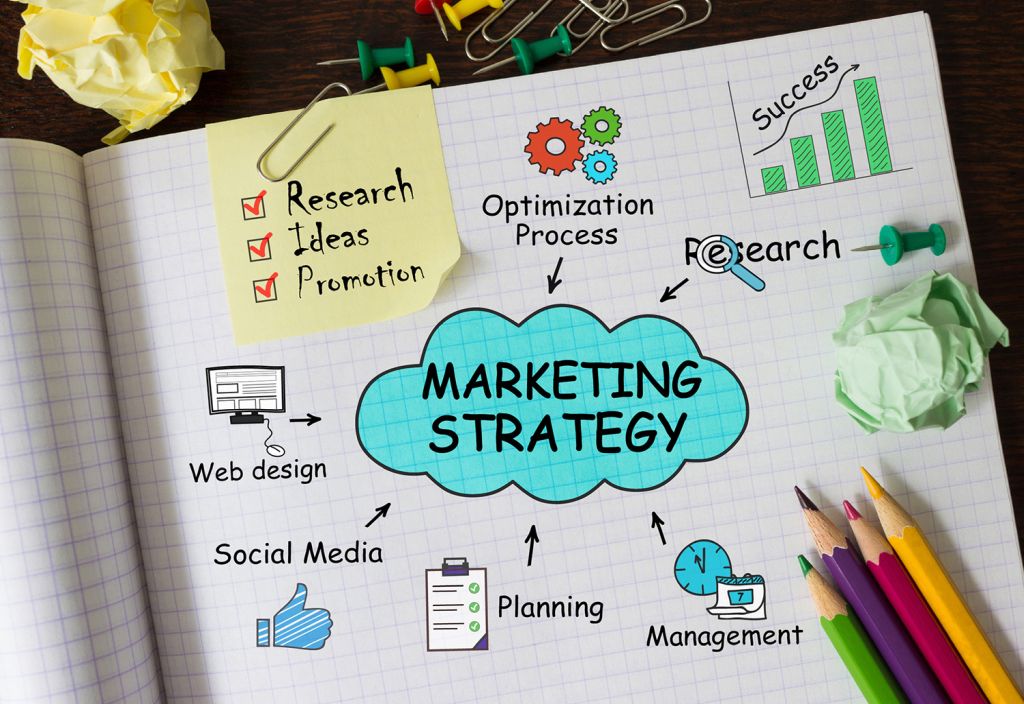The intersection of biotechnology and wellness is creating exciting new opportunities for innovative brands. As consumers increasingly value science-b
The intersection of biotechnology and wellness is creating exciting new opportunities for innovative brands. As consumers increasingly value science-backed products and transparent communication, emerging companies must adopt marketing strategies that bridge complex research with accessible storytelling. From biotech startups to wellness pioneers, success now depends on building credibility, educating audiences, and leveraging digital channels to create trust. This article explores how forward-thinking brands can position themselves for long-term growth in the modern wellness economy.
The Rise of Science-Driven Wellness Brands
The wellness industry is no longer driven solely by lifestyle trends; it is guided by scientific credibility and measurable results. Consumers increasingly seek evidence-based solutions, motivating brands to emphasize research, transparency, and data-backed claims. This evolution has created a new wave of biotech-inspired wellness companies that combine innovation with authenticity. The growing interest in advanced compounds such as retatrutide peptide buy demonstrates how science-backed wellness products are shaping consumer trust and purchasing behavior across the global marketplace.
Building Credibility Through Education and Transparency
In today’s wellness and biotech landscape, credibility is the foundation of every successful brand. Consumers are far more informed than in the past; they read studies, compare ingredients, and expect brands to support their claims with verifiable data. To build lasting trust, companies need to move from traditional promotional tactics to an educational approach that empowers audiences.
Transparency plays an equally important role. Sharing sourcing details, laboratory processes, and quality assurance protocols helps remove skepticism and humanize the brand. When consumers understand not only what a product does but how it is made and why it works, they form a stronger connection that drives loyalty.
Forward-thinking wellness brands embrace this mindset by creating accessible educational content, publishing third-party testing results, and involving experts in their communication strategy. In a competitive market, being transparent is not just ethical; it is a key differentiator that builds long-term credibility and reinforces consumer confidence.

Leveraging Digital Channels to Reach Informed Audiences
Modern wellness and biotech brands rely heavily on digital ecosystems to connect with their audiences. With consumers constantly seeking credible information online, brands must position themselves as reliable sources of knowledge rather than just product providers. Search-optimized content, informative blogs, and interactive platforms such as webinars or expert Q&A sessions help attract and retain engaged audiences.
Social media remains one of the most effective tools for shaping perception and building trust. Visual storytelling, authentic testimonials, and data-driven insights can communicate complex scientific concepts in a relatable way. At the same time, email marketing and personalized automation nurture long-term relationships by providing consistent value and education.
To stand out in a competitive landscape, wellness and biotech companies must focus on creating cohesive digital experiences across all touchpoints. By combining transparency, science-based communication, and thoughtful digital engagement, brands can effectively reach informed audiences and strengthen their market authority.
The Role of Ethical Marketing in Health Innovation
Ethical marketing has become a cornerstone of success for brands operating in the wellness and biotechnology sectors. As scientific advancements move faster than ever, consumers are increasingly cautious about the accuracy of health-related claims. Brands that prioritize integrity, transparency, and accountability stand out as trusted authorities. Ethical marketing ensures that product communication reflects verified results rather than exaggerated promises, helping to protect both consumer well-being and brand reputation.
Responsible companies also understand the importance of aligning their messaging with regulatory guidelines and research-based evidence. By maintaining honesty in product descriptions, sourcing, and testing data, they create a foundation for long-term growth rather than short-term hype. Ethics in marketing is not only about compliance but about creating genuine value. When a brand demonstrates care for the truth and the people it serves, it transforms trust into loyalty and innovation into lasting impact.
Future Outlook: Merging Biotechnology and Consumer Wellness
The convergence of biotechnology and wellness will continue to redefine how consumers approach health, longevity, and performance. As biotech research becomes more accessible, the gap between laboratory innovation and everyday wellness products is narrowing. Future brands will rely on personalized solutions, data-driven recommendations, and sustainable practices that meet both ethical and environmental expectations.
Artificial intelligence, bioinformatics, and advanced diagnostics will shape how products are formulated and marketed. Consumers will demand measurable outcomes, real transparency, and direct involvement in their wellness journeys. For companies in this space, success will depend on blending scientific precision with clear, relatable communication. The future of wellness is not about selling isolated products but about fostering educated, empowered communities that understand and value the science behind every innovation.
Conslusion
As wellness and biotechnology continue to converge, marketing strategies must evolve to reflect transparency, scientific credibility, and genuine care for consumer well-being. Brands that communicate complex science in clear, relatable ways will stand out as leaders in trust and innovation. Ethical practices, educational content, and digital engagement will remain the pillars of long-term growth. By balancing evidence-based storytelling with authenticity, emerging wellness and biotech brands can not only capture attention but also build lasting relationships grounded in knowledge, integrity, and measurable value.


COMMENTS